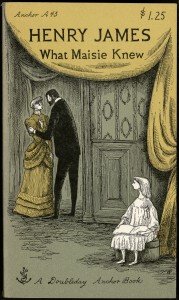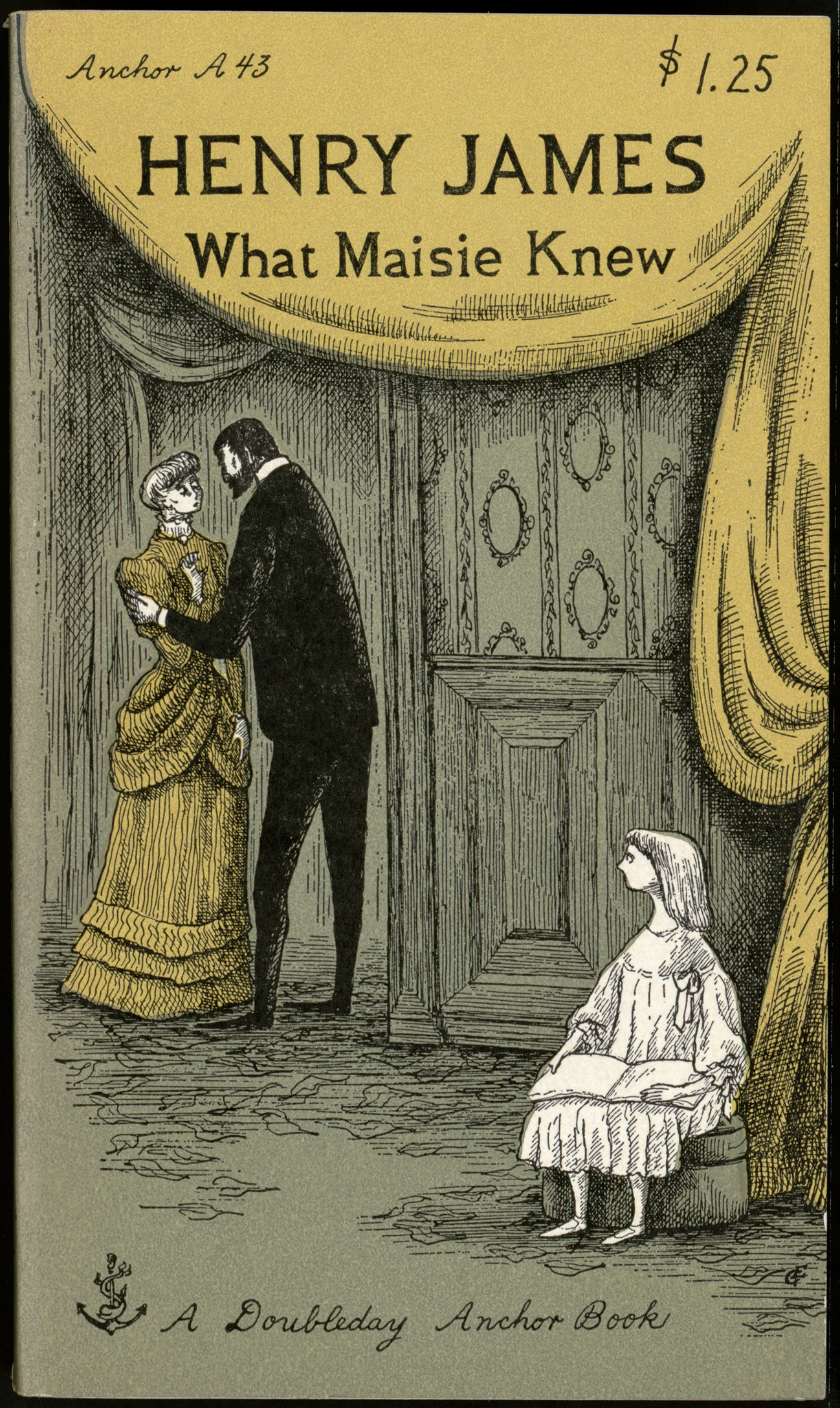Click on the four-way arrow in the bottom right-hand corner of the slideshow to convert into full-screen mode.
According to popular mythology, the publisher Allen Lane, founder of Penguin Books, formulated his idea for a press dedicated exclusively to paperbacks while visiting a railway station. Having spent the weekend visiting his friend Agatha Christie, the famed author of Murder on the Orient Express, Lane arrived at the Exeter railway station and realized he had forgotten his book. Frustrated and facing the boredom of a long train trip, Lane tried to buy a novel at the station but found that there was nothing available that he felt worth reading. Bookless for the next few hours, he sat on the train and planned a new line of cheap, pocket-sized, and travel-worthy books, which could be sold at railway stations, grocers, and department stores. Penguin Books—and the paperback revolution—were born.
While this version of Allen Lane’s epiphany may be slightly romanticized, there is no doubt that Penguin Books, launched in 1935, sparked a new phase of publishing that would change the printing industry irrevocably. Mass marketing of paperbacks not only brought classics to a wider audience but also brought pulp fiction—previously published in magazines—to the forefront of the book trade.
The Ransom Center’s book collection is known for first editions, many of them lush volumes with elaborate bindings. Perhaps lesser known is the fact that the Ransom Center also houses multiple volumes that illuminate the development of the paperback book trade in both America and Britain. Alongside important editions of Lane’s Penguins, the Center also houses Tauchnitz editions of paperbacks that pre-date Penguin, as well as the “penny dreadfuls” and dime novels that slowly developed into modern pulp fiction. This slideshow exhibits numerous items from the library’s collections that represent landmarks in the history of the paperback book trade.

